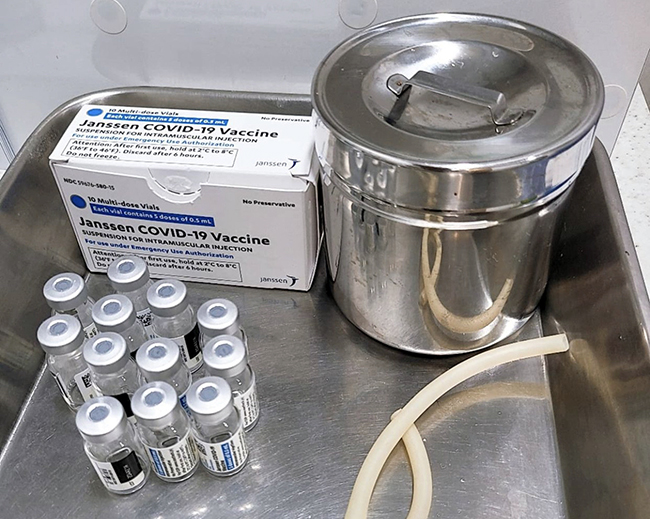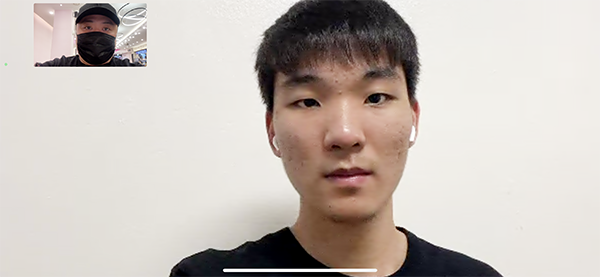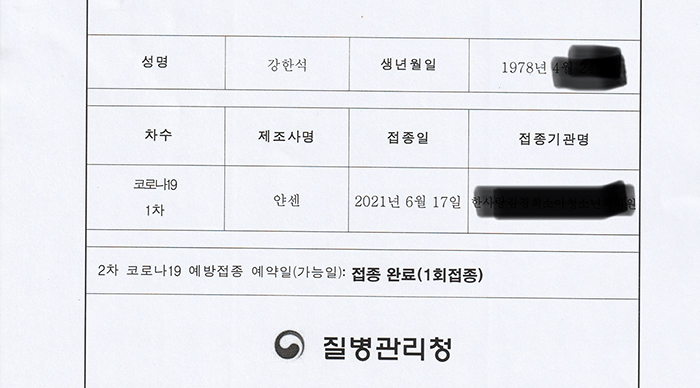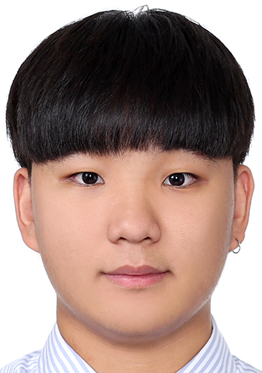As of June 18th, more than 14 million people have received their first dose of COVID-19 vaccines since an ambitious nationwide inoculation drive against COVID-19 began in late February. This represents 27.7 percent of South Korea’s 51.3 million population. Once in a precarious position with a low vaccine supply, the country has implemented its vaccination program with people aged 74 and over receiving the Pfizer and those younger the Astrazeneca vaccine. With immense pressure on the government to reach herd immunity by November, the government task force secured millions of additional doses of the Moderna and Janssen vaccines that arrived in June.

At first, the Korea Center of Disease Control (KCDC) launched a program where those not yet in the specified age group register for a no-show vaccination of leftover doses. Anyone above the age 30 years old could get a vaccine shot through a mobile app when a pre-registered person did not show up for their shot. However, the government suddenly reversed its plan and canceled the program in early June.
Despite this, people not in the designated age group to be vaccinated have been able to get shots simply by asking their local clinic if they had any leftover vaccine doses due to no-shows. To find out more about how to get vaccinated before your contemporaries allowed by the government, I had an online interview with Hansok Kang, a South Korean male in his early 40’s who was vaccinated on June 17th.

Mr. Kang explained that he took his child to their family clinic for a routine checkup, and he noticed that a few young adults were registering to get vaccinated that day. Bewildered, as only those 64 and older have been appointed to get vaccinated, Mr. Kang asked the nurse what was going on. “How was it possible that people who seemed younger than me were getting vaccinated?'' and she told me that they had leftover vaccines from no-shows. She then asked me if I wanted to be vaccinated right now, so I accepted,” said Mr. Kang.

The nurse explained to Mr. Kang that he could choose between the two-dose Astrazeneca vaccine or one-dose Janssen vaccine. “I chose the Janssen vaccine as I wanted to get it over in one shot. However, I was shocked that I would just suddenly be able to get the vaccine. Without thinking, I just jumped at the chance,” described Mr. Kang. When he was asked about any side effects such as fever or muscle pain, Mr. Kang said that he didn’t have any of those symptoms so far (three days after the vaccination).
As it has been reported that less than 50% of people 74 years or older registered for the vaccine, the government should implement further steps to ensure that most get vaccinated. This low turnout has been attributed to worries about people suddenly dying a few days or weeks after getting vaccinated. To allay these concerns, the health authorities must be completely transparent with their investigations into these deaths and fully explain each circumstance. While the government provides free medical care for any adverse health effects from the vaccinations, public fear and misunderstanding about the vaccines must be addressed. Only through herd immunity with at least a 70% vaccination rate can the country get back to normal.

Hankyum Kim
11th Grade
Seoul Scholars International

